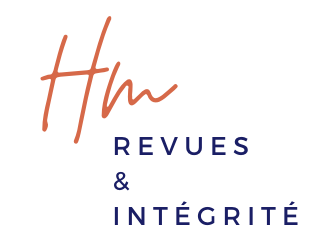La famille Lancet continue de s'agrandir, avec notamment deux lancements en 2017 (est-ce fini pour 2017 ?).
The Lancet Planetary Health a publié son premier numéro en avril 2017 avec un éditorial expliquant ce qu'est cette nouvelle discipline : "In The Rockefeller Foundation–Lancet Commission on Planetary Health, planetary health was defined as the health of human civilisations and the natural systems on which they depend. To explain this idea in simpler terms we need to think of human beings as a powerful and growing force behind the environmental change that we are witnessing today. Alterations to climate, water, land and ecosystems are challenging all life on our planet, with serious implications for human health. The way we think about the planet needs to be revised, as does the approach we take in interacting with it." Cette revue devra co-habiter avec deux autres Lancet: Lancet Public Health (deuxième année), et Lancet Global Health (cinquième année et facteur d'impact 2016 à plus de 17 !). Il y a déjà 5 numéros de publiés, et les articles viennent alors qu'il n'y a pas de facteur d'impact. La notoriété Lancet est suffisante.
Ces 3 Lancet sont en accès libre, et tous les auteurs d'articles de recherche doivent payer un APC (Article Processing Charge) de 5 000 $.
The Lancet Child & Adolescent Health a publié son premier numéro en septembre 2017 avec un éditorial dont j'extrait un paragraphe : "The Lancet has demonstrated its commitment to improving child health through numerous seminal projects such as the first Child Survival Series in 2003, and the Early Child Development Series published in 2016. The Lancet group continues to collaborate with various global partners on child health projects, and is currently working on the Countdown to 2030 goals for improved global maternal, neonatal, and child health." Le modèle hybride semble avoir été choisi, et si les auteurs veulent un gold open access, ils payent un APC de 5 000 $. Les lecteurs ont accès aux articles gold si les auteurs ont payé, et doivent s'acquitter d'un droit (paywall) pour lire les autres articles. L'embargo pour déposer dans des archives ouvertes est de 6 mois.
Sauf erreur de ma part, la présence française dans les comités de rédaction de ces revues est inexistante.



Un commentaire
Je ne comprendrais jamais le coût des APC si élevé.